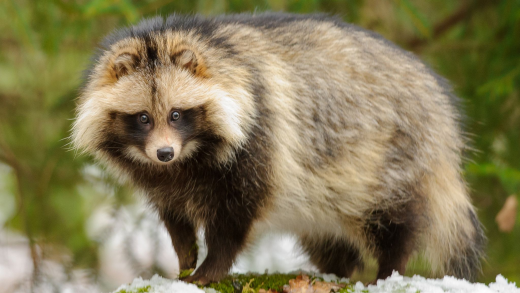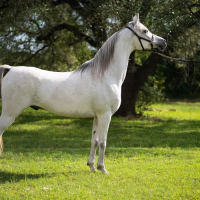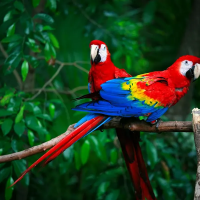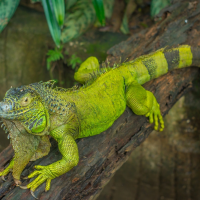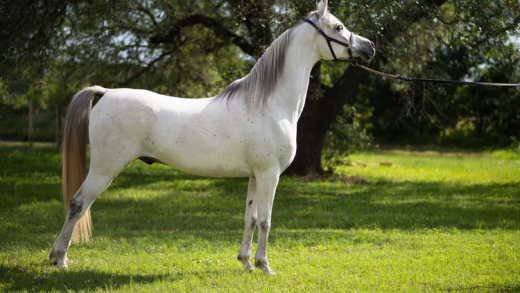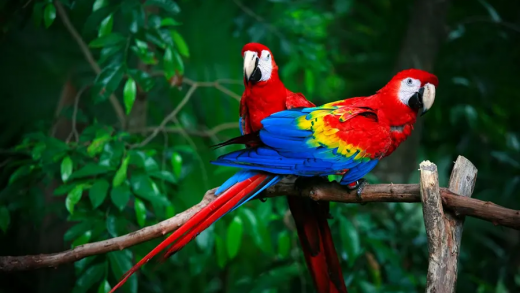
Table of Contents
Introduction: Pet Ownership
Pet Ownership is a tradition for most people since they establish a special connection between people and animals. This is not just about friendship but is based on several psychological factors that help to shape the health of the owner as well as the pet. Studying the main necessary and sufficient conditions of pet keeping allows us to know why millions of people all over the world decide to have animals in their families and how this decision influences the psychological state of an individual.
Emotional Bond and Companionship
Another psychological effect that is associated with the owning of pets is affection, which is a bond that is created between the owner of the pet and the pet. Pets, particularly, dogs, and cats are always present in people’s lives, offering companionship consistently. Such connection may help to overcome loneliness and social isolation that are the leading problems in the modern high-velocity and rather asocial world. It seems that the mere existence of a pet makes the owners secure and happy as having a pet does not involve such deep psychological processes as people’s relations do.

Mental Health
The literature reviews conducted in earlier studies have revealed that the pet ownership or presence of pet can reduce stress by a great deal. Petting a pet, or even just being close to one, can lead to a rise in oxytocin, the ‘love’ hormone; at the same time, there will be a decrease in cortisol, the stress hormone. This hormonal change will reduce symptoms of anxiety, depression to enhance one’s mental health. Furthermore, pets give a schedule and direction, which is very helpful especially for people with mental disorders.
Physical Health Benefits
In other aspects of psychological well-being, the pet ownership in the lives of people improves their physical well-being as well. People having pets enjoy a better blood pressure and better cardiovascular health status because pets give them a sense of calmness. Also, having a pet, mostly a dog, makes the owner active since the dog would need to be taken out for a walk. Besides, it contributes to improving health with cat or dog walking and also helps to fight loneliness since people will be able to communicate with other pet owners.
Responsibility and Nurturing
This is so because having a pet makes one feel that he or she has a responsibility, that the pet depends on him or her. The basic activity of feeding and grooming an animal, or having an animal to care for gives daily structure to an individual’s life and is very beneficial for combating depression or for someone who has no structure. This activity of taking care of a pet can also boost the morale and thus boost one’s self esteem as well as fulfilling a sense of achievement. This instinct is as psychological as it addresses the need to nurture, hence creating understanding and sympathy in the human being.

Unconditional Love and Acceptance
The first and widely recognized psychological advantage of pet keeping is a share of unconditional love with the pet. The pets are always loyal and do not scold, they accept their masters in any state, be it good or bad or even ugly and does not differentiate the rich from the poor parties. This unconditional love may be a good source of emotional support because it clearly tells the owners that they are appreciated. The fact that pets do not form opinions about matters related to a person’s personal struggle or even personal insecurity can prove to be of great comfort.
Conclusion
There are rather deep psychological aspects that are associated with pet ownership and which have more to do with the emotional, mental, and physical facet of the human being. The connection of humans with their pets is way beyond just friendship; which possibly opens another aspect of improvement in the existing quality of life. It is in this regard that they say that the possession of a pet comes with distinct psychological benefits that would in one way or another culminate into a healthier life.
Image Source: Getty Images
People also read about: Majestic Giants of the North: Discover the Norwegian Forest Cat (2024)


